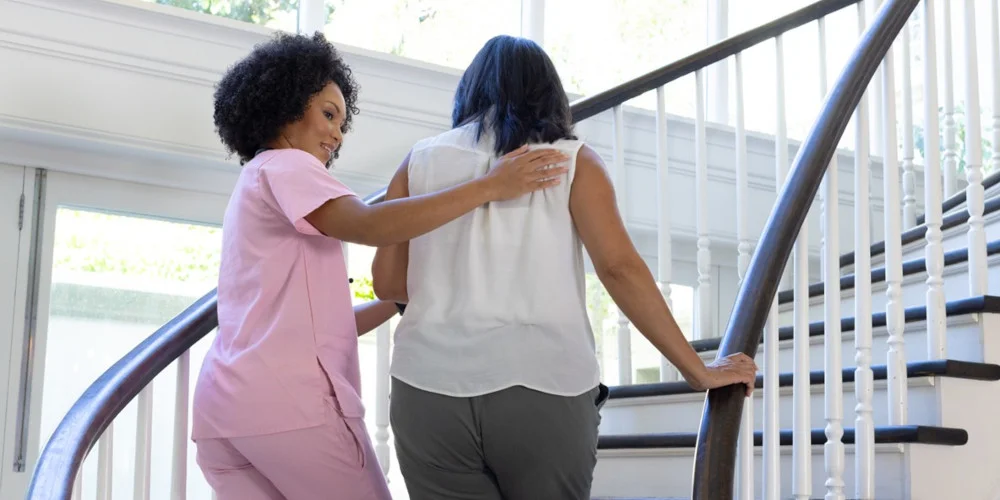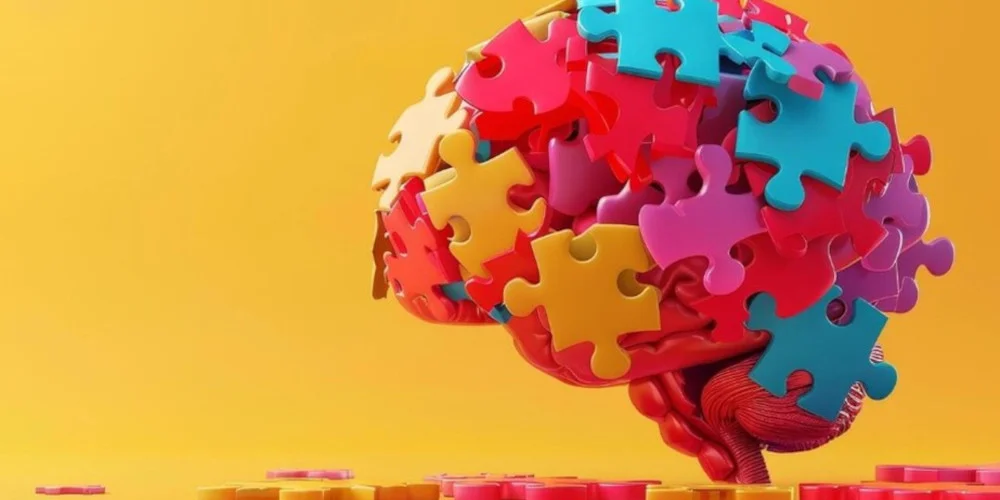Addiction is a serious problem that can be one of the hardest things to overcome. Sometimes it feels like there’s no way out of the healing process. But what if taking a comprehensive view of addiction treatment is the way out of this tangle? That’s exactly right. A method that takes into account the whole person, not just the addiction, in its treatment.
Traditional methods of treating addiction have been the norm for quite some time, both in South Africa and the rest of the world. Detoxification and medication-assisted treatment are examples of techniques that fall under this category because they address the physical symptoms of addiction. The shortcomings of such methods, however, have grown more obvious with the passage of time. They frequently leave you open to relapse because they don’t deal with the real causes of your addiction.
Because of these drawbacks, many rehabs in South Africa have started including holistic therapies into their treatment plans. This cutting-edge method recognizes that addiction isn’t only a physical illness, but rather a multifaceted problem including the interconnectedness of one’s physical, mental, emotional, and spiritual well-being.
The goal of a holistic approach to therapy is to equip you to tackle the causes of your addiction. To use a gardening analogy, rather than just cutting away the top layer of a weed (from which it will eventually grow back), it is preferable to pull it out by its roots.
Envision a program of mindfulness training that equips you to face and control the stresses that keep you addicted in the first place. Envision yourself taking part in nutritional therapy, providing your body with the nutrients it needs to aid in the healing process. Envision engaging in fitness routines that do more than only help your body, but also improve your mood and curb food cravings. When combined with traditional care, these methods can be life-changing, giving you the strength and control you need to beat addiction for good.
South African treatment centers, which take a more holistic approach, are producing encouraging results. Patient outcomes, including as relapse rates and general health, have been shown to significantly improve with the implementation of holistic therapy.
Holistic treatments aren’t just about conquering addiction; they’re about fostering a healthier, happier, and more fulfilled you.
As we draw this discussion to a close, let’s address some frequently asked questions:
Can someone who is addicted get access to any kind of holistic treatment in South Africa?
There is a growing availability of holistic treatments in both public and commercial clinics in South Africa.
Do holistic therapies cost more than conventional medicine?
Holistic approaches can sometimes be less expensive than conventional medicine since they include cost-saving measures like meditation and physical activity.
How well do these methods mesh with traditional South African values?
Yes, holistic therapies can be modified to suit different cultural settings, such as those seen in South Africa.
Can alternative medicine fully replace conventional medicine?
Holistic practices can be quite helpful, however they are usually employed in addition to conventional medicine rather than in place of it.
I was wondering whether there were any communities or support groups in South Africa that advocate for holistic medicine?
Several South African organizations promote and endorse the use of holistic approaches to the treatment of addiction.
When you immerse yourself in a holistic treatment approach, you open the door to myriad benefits that can guide your journey to recovery. Here are three additional advantages to ponder:
- Improved Self-Awareness: Through therapies like mindfulness and meditation, you can cultivate a heightened sense of self-awareness. This means you’ll become more attuned to your thoughts, feelings, and triggers. You’ll start to recognize what drives your addictive behaviours and learn how to manage these triggers effectively. This increased self-understanding can be a powerful tool in your recovery process, providing you with a deeper insight into your addiction and equipping you with strategies to combat it.
- Better Emotional Resilience: Addiction often masks deeper emotional challenges. Holistic therapies like yoga, art therapy, and journaling provide you with safe outlets to express and understand your emotions. These practices allow you to build emotional resilience, enabling you to better handle stress, anxiety, or any emotional upheavals you might face. Instead of turning to substances when things get tough, you’ll have a toolkit of healthier coping mechanisms to rely on.
- Enhanced Interpersonal Relationships: Your relationships can be significantly strained by addiction. However, holistic treatments often involve group therapies and communal activities that can help you learn essential social skills. You’ll learn to communicate more effectively, understand the perspectives of others, and develop empathy. These skills can significantly improve your relationships with your loved ones, mend broken bonds, and even aid you in forming new, healthier relationships. Not only does this support network bolster your recovery journey, but it also enhances your overall quality of life.
As we have seen in the preceding two sections, there are numerous advantages to using a holistic strategy while treating addiction. Traditional methods of addiction treatment often include detox and medication. However, it’s possible that these approaches won’t help you uncover the underlying causes of your addiction. Here is where holistic approaches shine, since they offer a recovery strategy that considers the full individual (body, mind, emotions, and spirit) rather than just one component.

The journey of recovery from addiction is as unique as the individuals embarking on it.…

As a family member supporting someone in addiction recovery, you can really help their ongoing…

In your journey of addiction recovery, maintaining a positive mindset can be a transformative force.…
In a context similar to that of South Africa, this tactic appears to have great promise. Many standard treatments may fail to meet the specific needs of people in a country as culturally diverse as the United States. The demands of people from all walks of life can be accommodated by tailoring a holistic approach to fit various cultural settings. Meditation, dietary therapy, exercise, and mindfulness are all paths to healing that can be tailored to the unique needs of each person and their place in the larger cultural context.
Programs that focus on developing emotional resilience and social competence can have a multiplicative effect on health. In a culture that places a premium on human connections, these are crucial. Strengthening your emotional fortitude and establishing a strong support system will not only help you get better, but will also set you up for a happier, more successful future.
There may be many positive outcomes from taking a holistic approach, but there is also a chance that traditional treatments will be required. Instead, they function as powerful nutrients that hasten and enhance your healing.
Distinguished author and thinker Aldous Huxley once remarked, “The secret of health for both mind and body is not to mourn for the past, worry about the future, or anticipate troubles, but to live in the present moment wisely and earnestly.” You’ll find this to be especially true during your recovery. By looking at the problem as a whole, rather than treating the symptoms individually, those in recovery are able to experience true transformation. By putting your attention where it belongs — in the now — you can create a better, healthier life for yourself.











